Frontlist | Some notable books of 90s one should read
Frontlist | Some notable books of 90s one should readon Jan 07, 2021
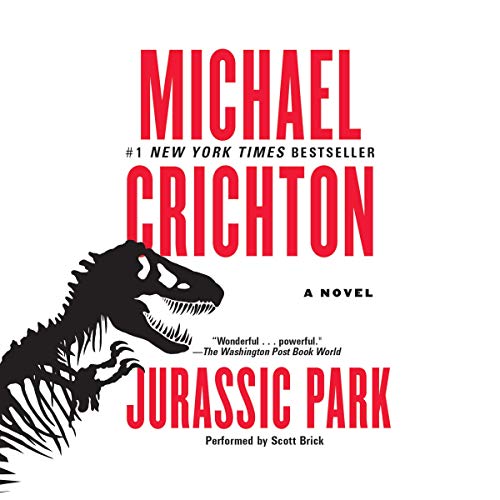
So many notable books were written in the 1990s that it seems foolhardy to attempt any sort of list encapsulating them, but that won’t stop GO! Magazine from giving it a whirl. What follows are some of the decade’s more memorable titles, drawn from various sources and culled from prize winners and finalists, old bestsellers lists, these are books that seem to have permeated more deeply into popular culture, including film adaptations:
“Jurassic Park,” by Michael Crichton (1990)
This book by science fiction author Crichton debuted a few years before Stephen Spielberg turned it into unforgettable movie magic with the first movie of the franchise.
American Psycho,” by Bret Easton Ellis (1991)
The literary bratpacker’s third book spawned no shortage of controversy, as well as a film starring Christian Bale as Patrick Bateman, the psychotic killer of the title.
“Waiting to Exhale,” by Terry McMillan (1992)
McMillan’s novel about the lives and friendships of four Black women in Arizona later spawned a 1995 film starring Whitney Houston and Angela Bassett, and according to Kirkus, is now being adapted for the small screen.
“Jesus’ Son,” by Denis Johnson (1992)
Johnson’s short-story collection was so influential “It’s safe to say that almost every writer has read it, and about half of them have tried to emulate it,” Emily Temple wrote at lithub.com in 2018.
“The Shipping News,” by E. Annie Proulx (1993)
After his marriage ends bleakly, Proulx’s antihero Quoyle finds his hope restored after he moves to the hardscrabble world of Newfoundland in this Pulitzer and National Book Award-winning novel.
“Midnight in the Garden of Good and Evil,” by John Berendt (1994)
Berendt’s book, based on a killing in Savannah, Georgia, enthralled readers and led to a marked rise in the number of tourist visits.
“Prozac Nation,” by Elizabeth Wurtzel (1994)
Wurtzel wrote with candor and wit about depression and addiction in the memoir of which New York Times critic Michiko Kakutani called “wrenching and comical, self-indulgent and self-aware.” She went on to work as an attorney before her January 2020 death.
“The Celestine Prophecy,” by James Redfield (1995)
Originally self-published, Redfield’s novel about a found-manuscript that triggers spiritual awakening spent about a third of the decade on the New York Times’ best-seller list.
“Infinite Jest,” by David Foster Wallace (1996)
Wallace’s popular, sweeping doorstop of a novel had multiple storylines and no shortage of endnotes and footnotes.
“Fight Club,” by Chuck Palahniuk (1996)
The 1999 movie starring Edward Norton and Brad Pitt elevated Palahniuk’s profile and the phrase “The first rule of fight club” to household status, but it couldn’t have happened without this darkly comic novel.
“Bridget Jones’s Diary,” by Helen Fielding (1996)
It was around the time this novel about the career and life of a woman in London that we began hearing the term “chick-lit.”
“Straight Man,” by Richard Russo (1997)
Richard Russo has written a number of great novels, many capturing the humor and pace of life in towns where everyone knows everyone else, including his Pulitzer Prize-winning 2001 novel “Empire Falls.” But this academia-set book is among his funniest.
“The Wind-Up Bird Chronicle,” by Haruki Murakami (1994-95; English translation 1997)
Hailed as Japanese author Murakami’s masterpiece, it was included among The Telegraph’s “10 best Asian novels of all time
“Interpreter of Maladies,” by Jhumpa Lahiri (1999)
Lahiri’s collection of stories about Indians and Indian Americans making their way amid culture clash in New England, India and other settings earned her a Pulitzer Prize for Fiction in 2000.
Source: The Bulletin
Best Books Of 90s
Best Books of 90s News Frontlist
Best Novels Of 90s
Frontlist Article
Frontlist Best Books News
Frontlist Best Novels News
Frontlist Book News
John Grisham



.jpg)






.jpg)

.jpg)
.jpg)
.jpg)
.jpg)
.jpg)


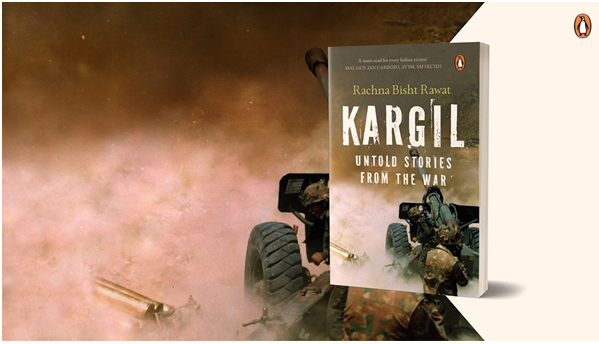
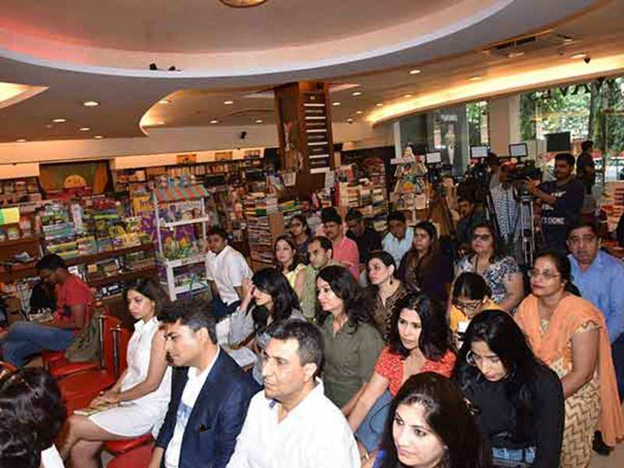


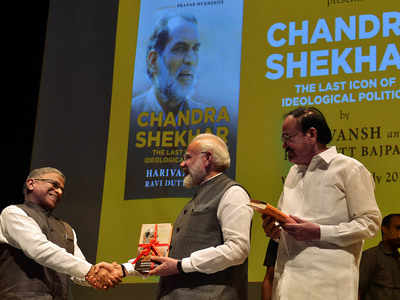
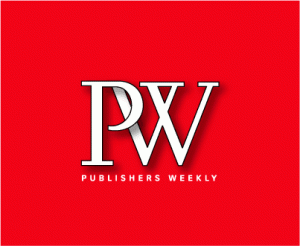

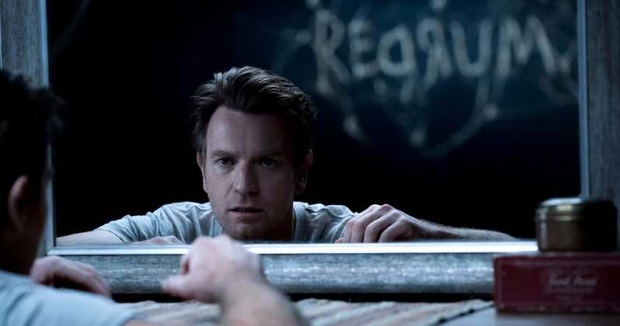
Sorry! No comment found for this post.